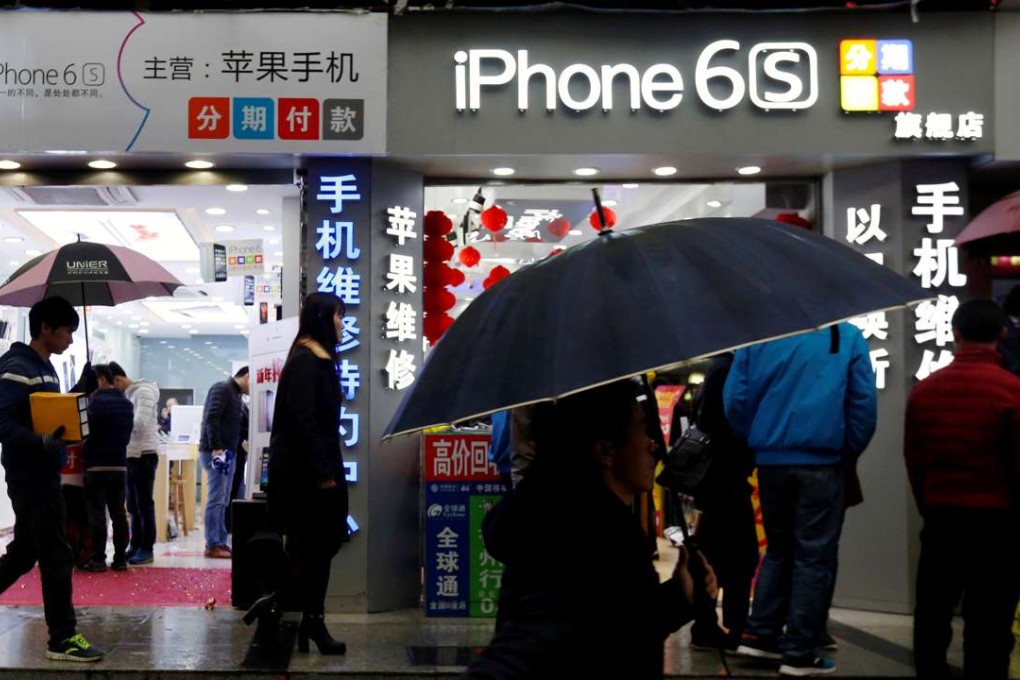What recent deals tell us about Apple and Google’s future in China

Google and Apple, two of the world’s most powerful technology giants, respectively unveiled deals with major Chinese technology companies Xiaomi and Didi Chuxing in the past week, fuelling speculation about their China market strategy - or, in the case of Google, China market comeback strategy.
The two respective giants controlling the Android and iOS mobile operating systems are in a hurry to find the next growth drivers, as China, the world’s largest smartphone market saturates, with handset sales slowing.
Apple has to wrestle with falling iPhone sales, while Google needs to first find its way back into China since pulling out in 2010.

Google’s search business could return via Sogou, the mainland’s third largest search engine company, which is owned by Sohu.com, according to a person with knowledge of the matter, who asked not to be named The two companies have discussed a partnership where Google would perform some of the searches and Sogou would conduct the results screening. “So that way neither ‘loses face’,” the source said.
The person did not provide a time frame for a possible tie up, but said some other Google functions, such as Google Play and Google Map, are expected to return in the form of Google being a third-party support provider.